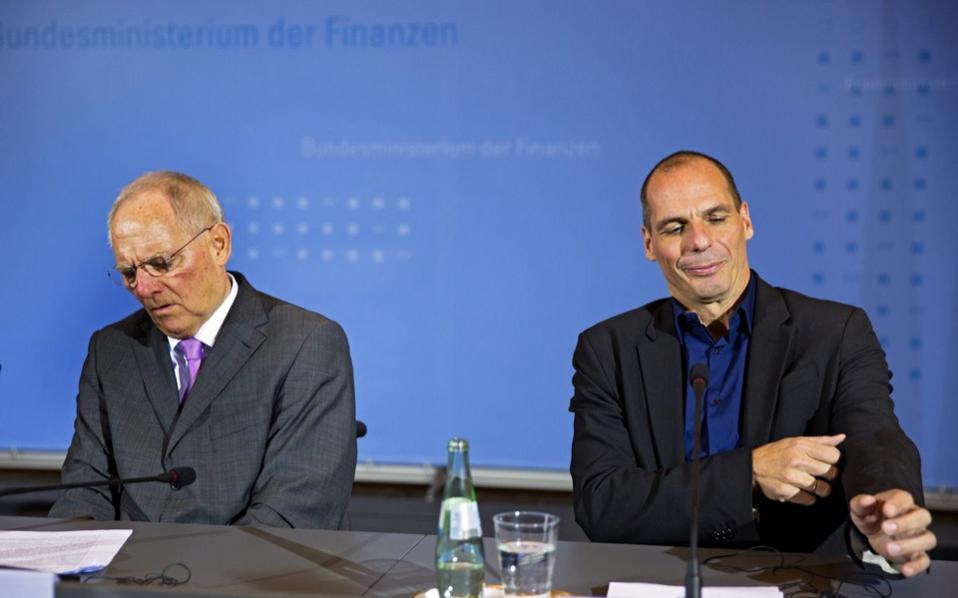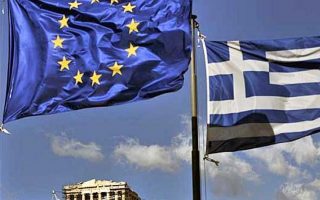Varoufakis ‘set Greece back years,’ says ESM official

In 2014, Greece had been on the path to recovery and was heading toward a “clean exit” from its bailout programs, but the tenure of Yanis Varoufakis as finance minister the following year proved costly, setting Greece back years, according to the secretary general of the European Stability Mechanism (ESM).
Speaking after the eurozone rescue fund paid its final 15 billion-euro bailout loan to Greece on Monday, Kalin Anev Janse said that Varoufakis’s tactics were ultimately negative for the Greek people.
“It was really going in the right direction in 2014 and we were preparing a clean exit for Greece, so that it would emerge from the support program without a loan,” Janse told Dutch public broadcaster NOS.
However, Varoufakis did not want to enforce the reforms that had been agreed, the ESM official remarked, noting that “what he did was not good for the Greek people.”
“His policies cost a lot of money and unfortunately Greece has been set back a few years,” he said.
As for the disbursement of the final tranche of rescue loans to Greece, ahead of the country’s scheduled exit from its international bailouts on August 20, Janse said it did not signal “the end of the story.”
The ESM will continue to “closely monitor” Greece and ensure it honors its commitments over the coming years and decades, he said. “Our loans run until 2060,” he said, noting that creditors are keen for Greece to “remain a modern country so that it can repay the money.”
Asked whether Greece’s slow-moving recovery was effectively propped up by European taxpayers’ money, Janse was adamantly negative. “Not one euro from taxpayers went to Greece from the [European Financial Stability Facility] and ESM,” he said.
“We have disbursed more than 200 billion euros to Greece but that money did not come from Dutch or Geman taxpayers,” he insisted, noting that the funds had come from “more than 1,500 investors” from all over the world.
Acknowledging that Greeks paid for the country’s recovery through major sacrifices, Janse said he believed the country would emerge stronger from the crisis.
“We saw it with Ireland, Portugal, Cyprus and Spain. And we will see it too with Greece,” he said.





